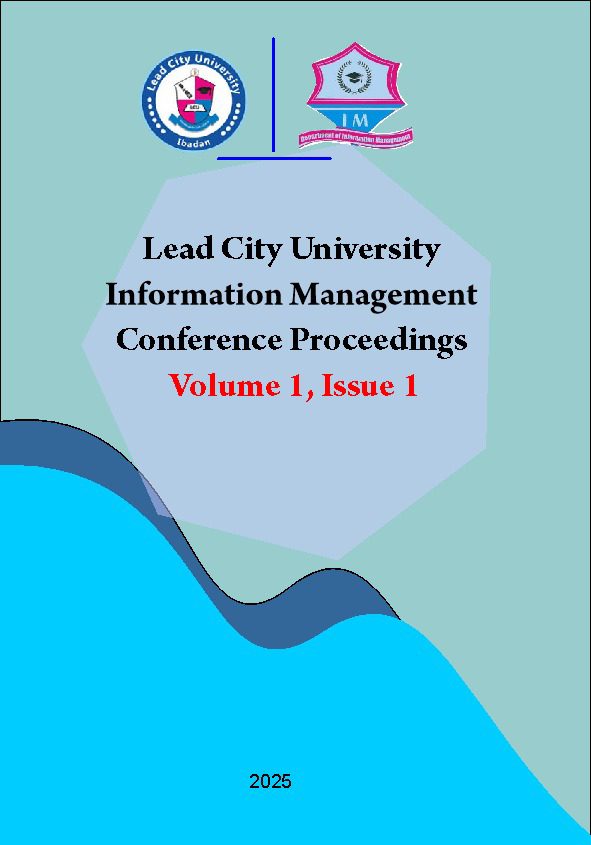Adoption Of Artificial Intelligence Tools and Students’ Academic Performance in Federal Polytechnic Ilaro, Ogun State
Keywords:
Artificial, Intelligence, Student, Academic and Performance,Abstract
The adoption of artificial intelligence (AI) tools in education is essential for developing
evidence-based learning practices and optimizing the academic environment. This study
examined the effect of AI tools on students’ academic performance at Federal Polytechnic,
Ilaro, Ogun State. A survey research design was employed, utilizing a structured questionnaire
as the primary data collection instrument. The study targeted HND final-year students, with a
total population of 2,639 as of December 2024. Using the Taro Yamane sample size formula, a
sample of 347 respondents was selected. Regression and correlation statistical models were
applied to analyze the relationship between AI tool usage and students' academic
performance.The findings revealed no significant relationship between the use of AI tools and
students' academic performance. Specifically, ChatGPT exhibited a weak negative correlation
with academic performance; however, the result was not statistically significant. Likewise,
Turnitin and Quillbot showed correlations close to zero, indicating no meaningful relationship
with students’ academic outcomes. The high p-values for all three AI tools 0.064 for ChatGPT,
0.979 for Turnitin, and 0.881 for Quillbot further confirmed that their impact on academic
performance was not statistically significant at the institution.Therefore, it can be concluded
that while AI tools such as ChatGPT, Turnitin, and Quillbot are widely utilized in academic
settings, their direct influence on students’ academic performance at Federal Polytechnic, Ilaro,
remains minimal. Based on these findings, the study recommends that the institution's
management educate students on the moderate and responsible use of AI tools for academic
work. This approach will help foster critical thinking skills and prevent potential drawbacks
associated with over-reliance on AI technologies in learning.

